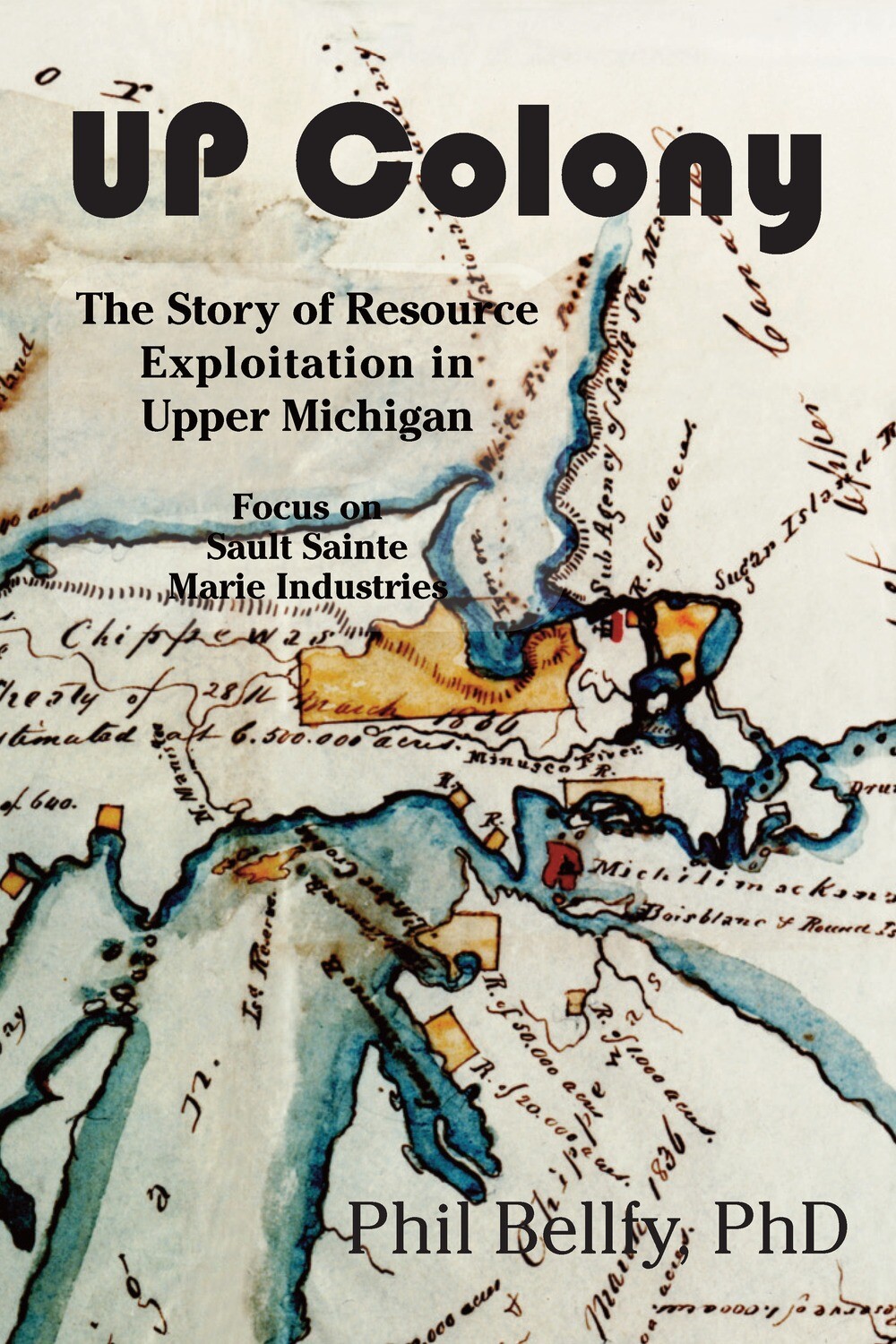Writers face a lot of challenges in their chosen profession, not the least of which happens when it is time to begin revising the manuscript. It is always nice at that stage of the game to have a little help from a good editor. Author Carolyn Howard-Johnson has a long list of words and phrases many people confuse when writing. This isn’t just a list of homophones, but it includes words that have a similar sound or words that have similar uses, but really act differently in writing. For instance, podium and lectern. They are really two very different things, but people often confuse them and use them incorrectly, or lose and loose — in the top-ten one-word edits she has made in her editing career. The writing has a breezy, conversational quality to it and includes a lot of humor. Howard-Johnson includes some resources in the back of the book with some great blog addresses. This is a terrific book every serious writer will want.
Having this little (only forty-two pages) book on one’s shelf can be like having a good editor handy to help with one of the big problems for writers — word choice.






